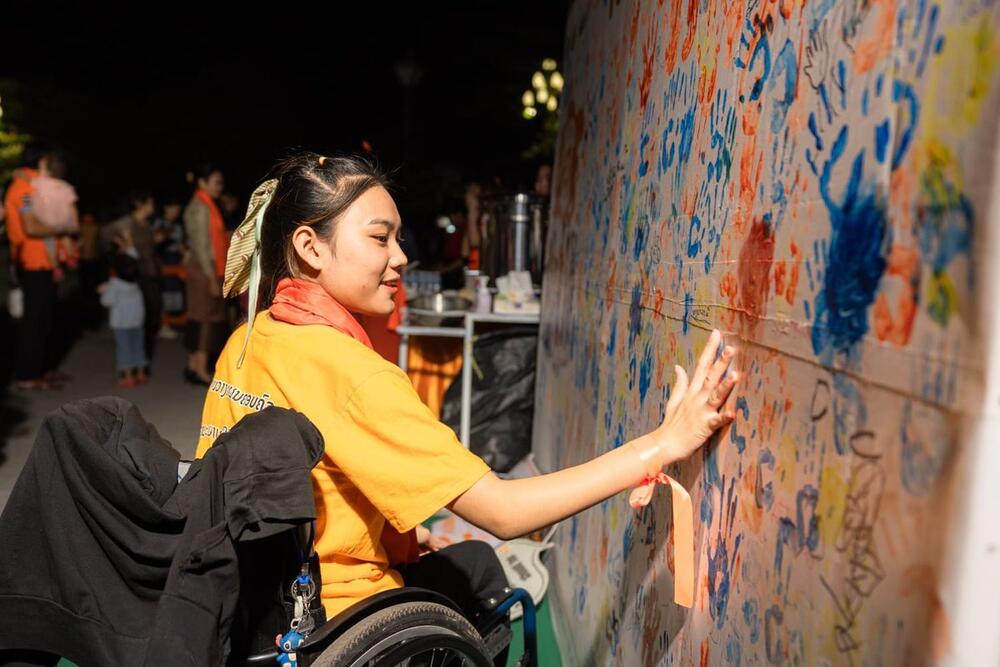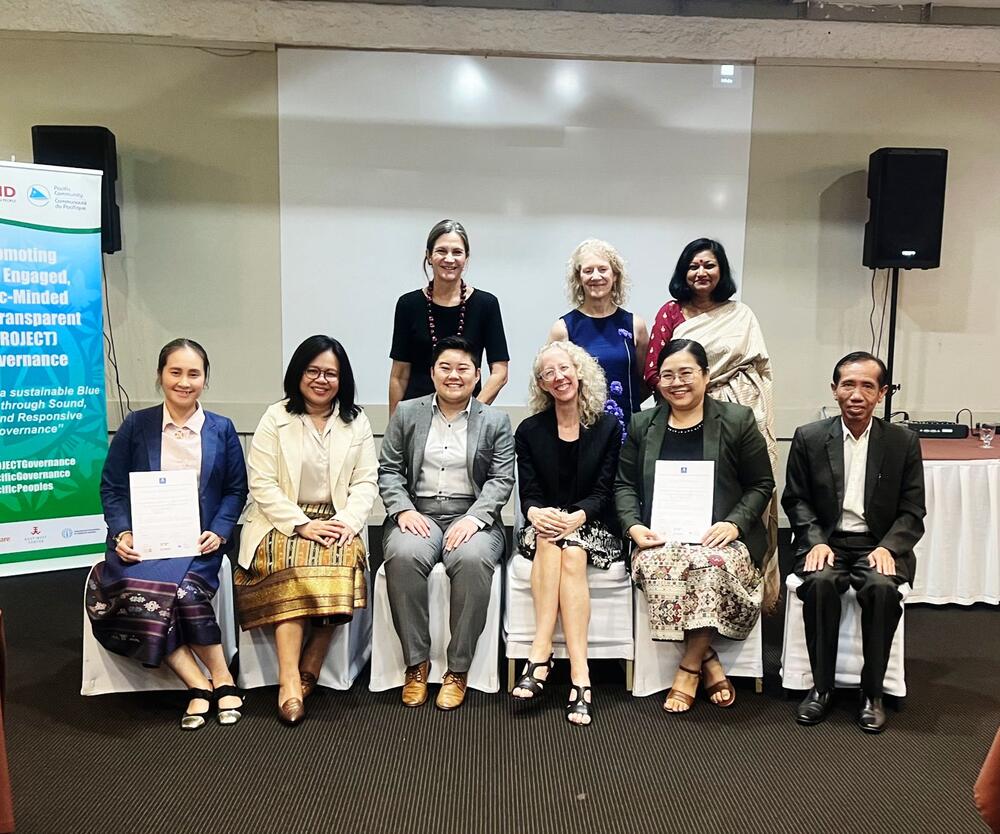On the way to enhancing the availability and quality of data on violence against women (VAW), three senior government officials from the Lao Statistics Bureau, the National Commission for Advancement of Women and Mother and Children and Lao Women’s Union, as well as UNFPA Lao PDR staff have recently completed a three weeks training course on the kNOwVAWdata in Fiji. This training opportunity participation has become a reality thanks to the financial support of the Government of Australia.
This cutting-edge training program, designed for gender-based violence (GBV) experts, statisticians, and policymakers, focuses on the safe, ethical, and rigorous collection and analysis of VAW data. Developed through a regional collaboration between UNFPA, the University of Melbourne, Australia's National Research Organisation on Women's Safety (ANROWS), and the Australian Department of Foreign Affairs and Trade (DFAT), the training course represents a vital investment in the global effort to end violence against women and girls.

Ms. Benita Sommerville, Deputy Head of Mission, Australian Embassy in Laos, said
We are thrilled to have supported the Government of Lao PDR and UNFPA GBV experts to participate in the transformative kNOwVAWdata training program. This training is revolutionising the way data on violence against women is collected and analysed, driving more effective interventions and policies. Australia remains deeply committed to advancing the prevention and response to gender-based violence in Lao PDR. We are proud to collaborate closely with UNFPA and the Government of Lao PDR to drive meaningful change for women and girls in all their diversity.
The kNOwVAWdata course aims to equip participants with advanced skills in national-level data collection, analysis, and communication, which are essential for developing effective interventions and policies. This initiative is particularly relevant as the Government of Laos has expressed its intention to conduct its second National Survey on Women’s Health and Life Experience following the Census in late 2025 or early 2026. To support this endeavour, capacity building support to our government partners is crucial.
A Government participant of the training, Ms Vilayvanh Bouphanouvong, Deputy Permanent Secretary of the National Commission for the Advancement of Women, Mothers and Child, stated that
The kNOw VAW Data course was a valuable opportunity to connect us with our Asia Pacific counterparts, enhancing our ability to conduct, analyse and advocate for national VAW surveys. Our next step is to mobilize various government sectors, development partners, donors and others in support of the Lao National Survey on Women's Health and Life Experiences, and to raise resources for the next survey.

The kNOwVAWdata course represents a crucial step in building the expertise required to address and end violence against women globally. For more information on the course and how to participate, please visit Home - kNOwVAWdata.
Following this training, a pivotal multistakeholder meeting will be convened to share the key insights gained from the workshop and to rally support from Government and development partners. This collaborative effort will be crucial in advancing the planning and execution of the 2nd National Survey on Women’s Health and Life Experience. By leveraging the knowledge and expertise acquired, the government of Lao PDR aims to drive impactful change and strengthen collective commitment to addressing violence against women and improving women’s health, social and economic outcomes.



